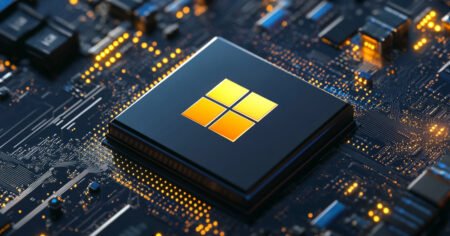Bitcoin miners are increasingly turning to artificial intelligence (AI) and high-performance computing (HPC) as transaction fee revenues fluctuate, according to a recent report by VanEck. While network congestion can cause temporary fee spikes, long-term on-chain revenue growth is uncertain due to the rise of off-chain solutions like ETFs and futures markets. As block rewards halve every four years, Bitcoin miners must adapt by embracing AI and HPC to maintain revenue levels, the report emphasizes.
Successful Bitcoin miners are exploring alternative strategies to optimize revenue streams, such as subsidizing grid expansion in remote energy markets or integrating AI and HPC workloads. Innovations in liquid cooling systems, chip design, and co-location technologies are also improving operational efficiencies. CoreWeave’s 700MW AI/HPC agreement in 2024 has spurred other miners to explore similar revenue streams, with companies like Bitfarms, Bitdeer, Cipher Mining, Riot Platforms, HIVE Digital Technologies, and Iris Energy all making notable moves in the AI and HPC space.
The shift toward AI and HPC has prompted Bitcoin miners to assess their electrical capacity for scaling operations. The report reveals that 13 public Bitcoin miners currently operate with a total capacity of 7.1 GW, with plans to expand to 11.7 GW by 2025, 15.9 GW by 2026, and 20.4 GW by 2027, representing a compound annual growth rate of 42% over three years. These expansion plans will require significant investment, with an estimated total capital expenditure of $24.8 billion if utilizing modernized mining equipment and supporting infrastructure.
Given the growing power demands of AI, Bitcoin miners are expected to allocate a portion of their electrical capacity to AI and HPC workloads, reflecting a strategic pivot toward more sustainable and diversified revenue streams. Goldman Sachs estimates that AI currently consumes around 7.7 GW of global data center power usage, with projections indicating an increase to 22.7 GW by 2027. This trend underscores the importance of Bitcoin miners adapting their operations to meet the evolving demands of the industry.

















